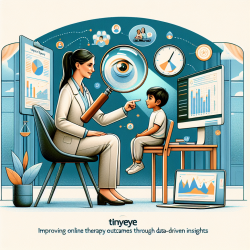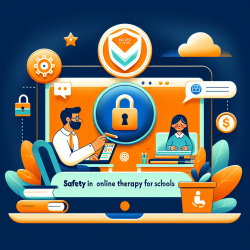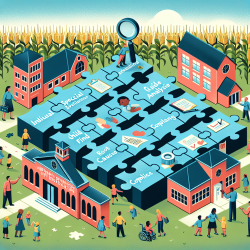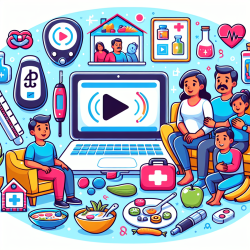The study titled "Advanced pharmacy practice of a doctor of pharmacy student at an allied surgical ward in a hospital in Africa" provides a detailed account of the clinical interventions made by a PharmD student during their Advanced Pharmacy Practice Experience (APPE) at the Korle-Bu Teaching Hospital in Ghana. This research highlights the significant role that experiential learning plays in enhancing the clinical skills of pharmacy students, which can lead to improved patient care outcomes.
Key Findings from the Study
The study involved a six-week review of patient medical records across three specialist units: Eye, Ear, Nose, Throat (ENT), and Dental. The student utilized the SOAPO (Subjective, Objective, Assessment, Plan, Outcome) note format to document clinical interventions. Here are some key findings:
- Clinical Interventions: The student made prompt clinical interventions that significantly contributed to patient care. These interventions included recommending appropriate antibiotic therapies, adjusting medication dosages, and suggesting non-pharmacological treatments.
- SOAPO Notes: The use of SOAPO notes provided a structured method for documenting patient care activities, which enhanced the student's ability to make data-driven decisions.
- Multidisciplinary Collaboration: The student engaged in written and verbal interactions with other healthcare professionals, patients, and caregivers, demonstrating the importance of collaborative practice in healthcare.
- Patient Outcomes: The clinical interventions led to positive patient outcomes, such as improved vision in a child with bilateral congenital cataracts and reduced symptoms in a patient with chronic rhinosinusitis.
Implications for Practitioners
The findings from this study have several implications for healthcare practitioners:
- Enhanced Documentation: Utilizing structured documentation methods like SOAPO notes can improve the quality of patient care by ensuring that all relevant clinical information is recorded systematically.
- Collaborative Practice: Engaging in multidisciplinary collaboration can lead to better patient outcomes. Practitioners should actively seek opportunities to work with other healthcare professionals.
- Continuous Learning: Practitioners should consider engaging in experiential learning opportunities to enhance their clinical skills. This can be particularly beneficial in settings where healthcare resources are limited.
Encouraging Further Research
While this study provides valuable insights, it also highlights the need for further research in the field of pharmacy practice, particularly in low-to-middle-income countries. Future studies could focus on:
- Longitudinal Studies: Conducting long-term studies to evaluate the sustained impact of clinical interventions on patient outcomes.
- Comparative Analysis: Comparing the effectiveness of different documentation methods in improving patient care.
- Training Programs: Developing and evaluating training programs aimed at enhancing the clinical skills of pharmacy students and practitioners.
To read the original research paper, please follow this link: Advanced pharmacy practice of a doctor of pharmacy student at an allied surgical ward in a hospital in Africa.










